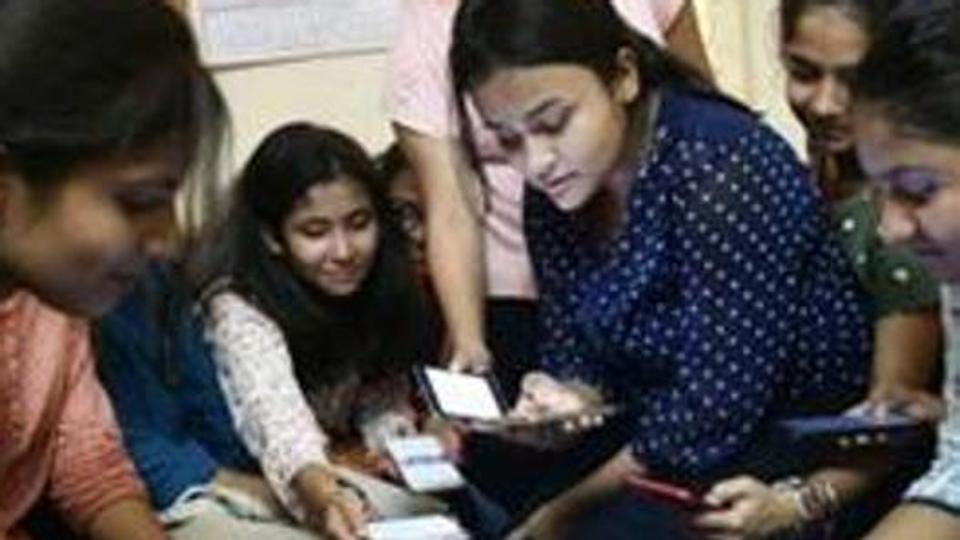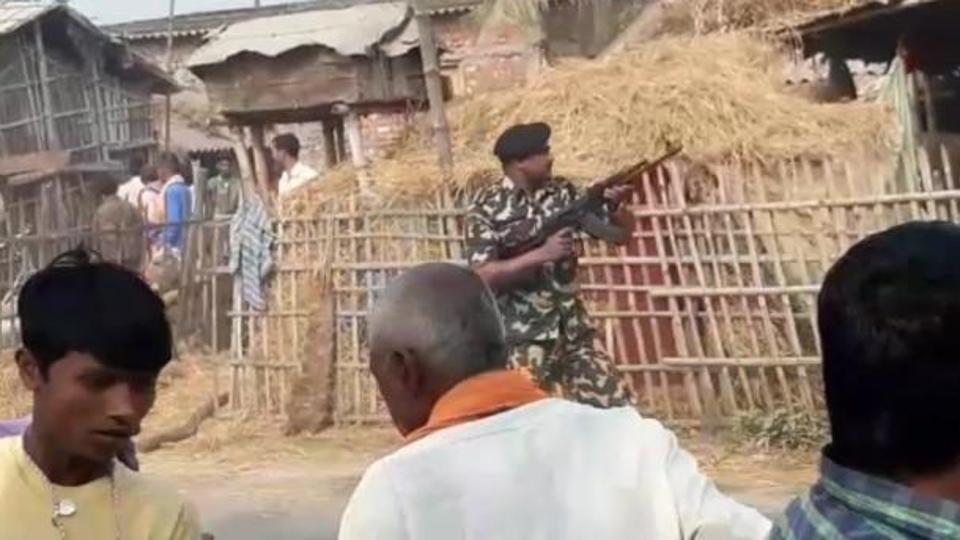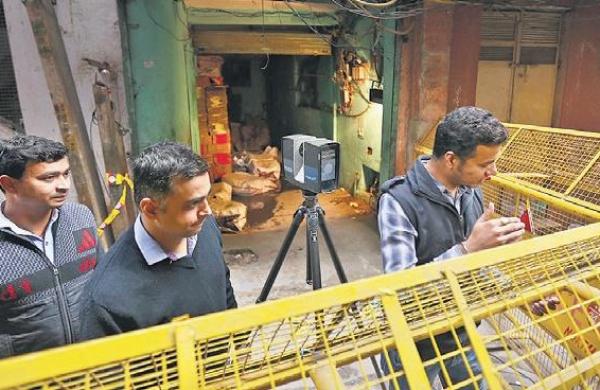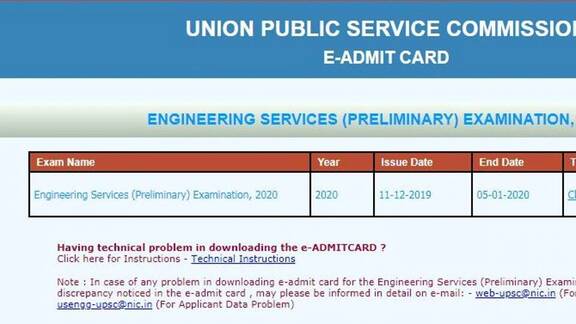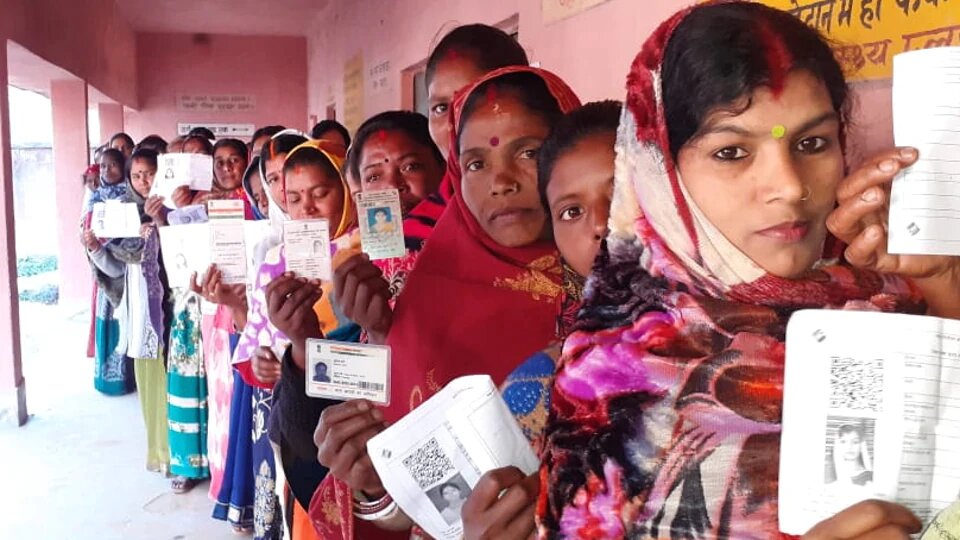Source – news18.com
New Delhi: The 17 constituencies that go to polls on Thursday in the third phase of the Jharkhand Assembly elections have returned the Bharatiya Janata Party (BJP) as the single-largest party in two of the three state elections held in the state since its formation in 2000. The latest phase is also the second-largest in terms of seats contested after phase two.
Of the 17 seats — Barhi, Barkagaon, Barkatha, Bermo, Dhanwar, Gomia, Hatia, Hazaribagh, Ichagarh, Kanke, Khijri, Kodarma, Mandu, Ramgarh, Ranchi, Silli, and Simaria — the BJP has never lost in the two constituencies of Ranchi and Kanke. The saffron party has won three other seats twice during the state elections held in Jharkhand in 2005, 2009, and 2014.
The BJP had secured nine of these 17 seats in 2005 with a contested vote-share of 25% across the 15 seats from where it fielded its candidates.
These constituencies, including two reserved for Scheduled Castes (SC) candidates and one Scheduled Tribes (ST) candidate, are spread over eight districts.
The fate of 309 candidates, including 32 women nominees, will be decided in the 17 constituencies with 56,18,267 electorate (eligible to exercise their franchise), the Chief Electoral Officer (CEO) told a press conference here. The electorate includes 26,80,205 women and 86 third-gender voters.
As many as 62 (20%) candidates have declared serious criminal cases against themselves, according to an analysis by the Association for Democratic Reforms (ADR).
At least 10 of these candidates have declared cases related to ‘crime against women’, two have cases related to ‘murder’, and 13 others have cases related to ‘attempt to murder’. Another 77 (25%) are crorepatis, with the average assets per member at Rs 1.24 crore.
The party suffered a setback in 2009 when it was reduced to just four seats, despite retaining its vote-share. It made a comeback in 2014 riding on the Narendra Modi wave. In 2014, it returned seven MLAs and increased its vote-share (contested) to almost 40%.
The opposition to the BJP in these seats has been scattered. For instance, the Congress emerged as the most successful party in six of the 13 seats where it fielded candidates in 2009 and managed to garner 26% of the votes.
Besides, the grand old party had won three seats in 2005 and just two in 2014 when it was reduced to just 14.7% of the vote-share (in 13 contested seats).
The Congress party’s alliance partner in the current elections, Jharkhand Mukti Mocha (JMM), has also fared poorly. The party secured just a single seat each in 2005 and 2009 before increasing its tally to three in 2014.
Former chief minister Babulal Marandi’s Jharkhand Vikas Morcha (Prajatantrik), which contested for the first time in 2009, has won three seats each during the last two assembly elections.
The BJP’s former ally, the All Jharkhand Students’ Union (AJSU) party, had also won two seats each in 2005 and 2009. In 2014, it could win only Ramgarh, a seat it has retained in the last three elections.
Among the candidates, Marandi, Urban Development Minister CP Singh and Education Minister Neera Yadav are in the fray. While Marandi is contesting from the Dhanwar seat, Singh and Yadav are contesting from Ranchi and Kodarma constituencies, respectively.
Former deputy chief minister and AJSU party president Sudesh Mahto is trying his luck to regain Silli seat after he lost the 2014 Assembly polls and the subsequent bypoll to JMM candidates Amit Mahato and his wife Seema Mahato respectively.
The BJP has not fielded candidates from Silli though the NDA allies are fighting the polls separately, for the first time since the states creation.
Meanwhile, about 40,000 polling personnel have been deputed to conduct smooth and peaceful voting in the third of the five-phase polling, Jharkhand Chief Election Officer Vinay Kumar Choubey said on Wednesday.
Stating that there are LWE (left wing extremist) pockets in this phase, Choubey said that personnel of 96 polling stations have been dropped by helicopters and 10 polling stations have been re-located on security grounds.
“Personnel of 188 polling stations were sent two days ago and have reached there and almost all the officials to other booths have reached,” Choubey said.
The polling personnel of 626 polling stations will return to their respective district headquarters on Friday and arrangements of CCTV and double-lock strong rooms have been made, the CEO said.
He added if any political parties desired to send their agents to stay there could do so.
The CEO said that there are 13,504 ballot units, 8,772 controlling units and 9,123 VVPAT in the 17 seats with double ballot units being set up in nine of the constituencies as there are 16 or more candidates in the fray.
A total of 2,014 polling stations have webcasting facilities, 329 model polling stations and 44 polling stations will be conducted by women polling personnel, he said. Of the total 7,016 polling stations set up for the third-phase, 1,008 are marked as ‘critical’ and 543 ‘sensitive’ in Naxal-affected areas.
While 1,119 polling stations are ‘critical’ and 2,672 polling stations are ‘sensitive’ in the non-Naxal affected areas, he added. The voting will commence at 7am and end at 5pm at Ranchi, Hatia, Kanke, Barkatha and Ramgarh seats, while voters in the rest of the constituencies can exercise franchise between 7am and 3pm.
The first-phase polling for 13 seats and the second-phase for 20 Assembly segments had concluded on November 30 and December 7, respectively. The fourth and the fifth phases polling for 15 and 16 seats will be held on December 16 and 20, respectively. Counting to the 81-member House is slated on December 23.
